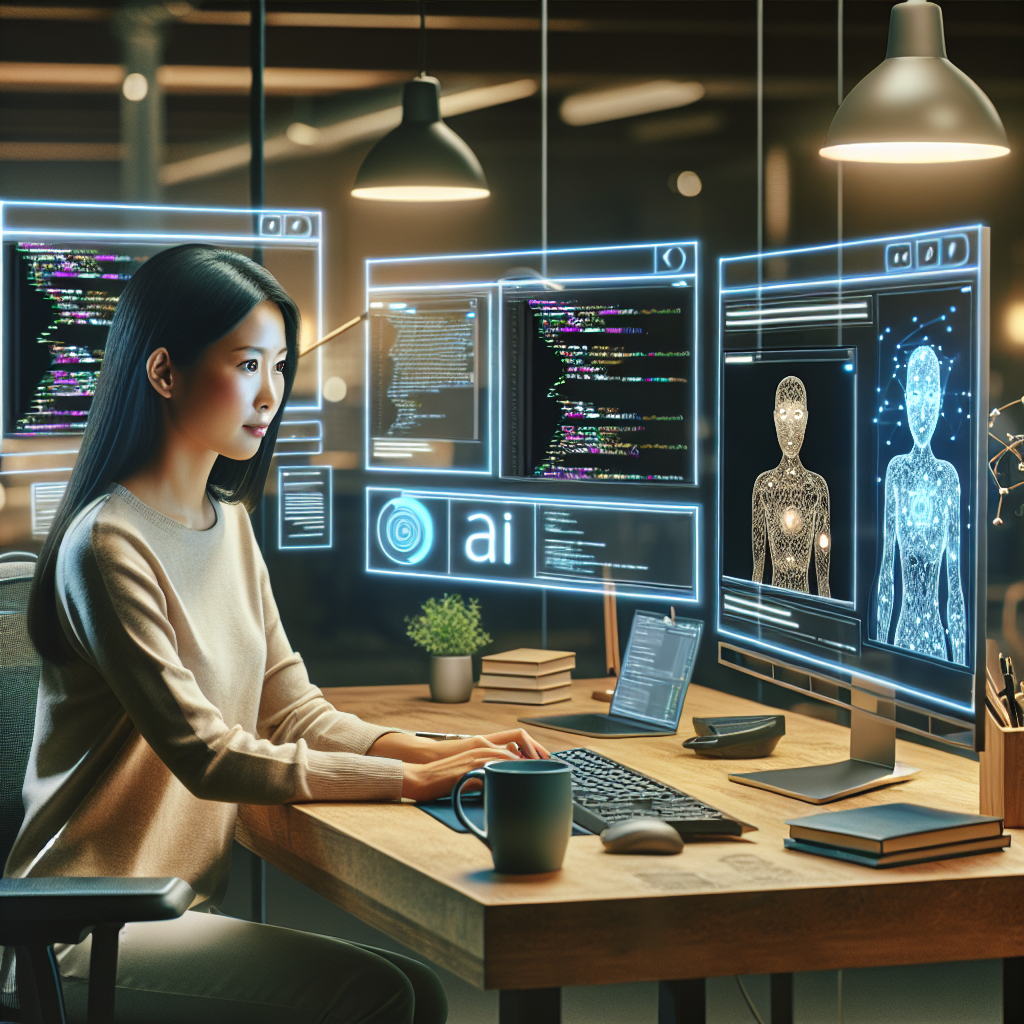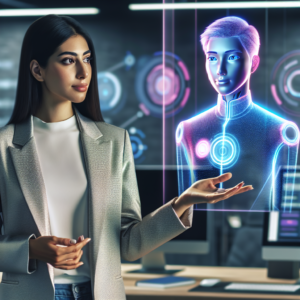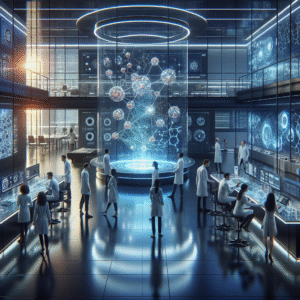How Software Engineers Actually Use AI
Artificial Intelligence (AI) has rapidly transformed the landscape of numerous industries, and software engineering is no exception. As the demand for more sophisticated software solutions continues to rise, the integration of AI into the development process has become increasingly common. This article explores how software engineers leverage AI tools and technologies to enhance their productivity, improve code quality, and innovate solutions.
The Role of AI in Software Development
AI has various applications in software development, ranging from automating mundane tasks to enhancing decision-making processes. Below are some of the significant ways software engineers are utilizing AI in their work:
- Code Generation: AI-powered tools can generate code snippets based on natural language descriptions, allowing developers to focus on higher-level tasks.
- Bug Detection: Machine learning algorithms can analyze code to identify potential bugs and vulnerabilities, streamlining the debugging process.
- Code Review: AI systems can assist in reviewing code, ensuring adherence to best practices and enhancing overall code quality.
- Performance Optimization: AI can analyze application performance data and suggest optimizations, helping engineers improve the efficiency of their software.
- Predictive Analytics: By analyzing historical data, AI can forecast future issues and help engineers proactively address potential challenges.
Popular AI Tools Used by Software Engineers
Numerous AI tools cater specifically to the needs of software developers. Below are some of the most popular ones that have made a significant impact in the field:
- GitHub Copilot: This AI pair programmer suggests entire lines or blocks of code as developers write, significantly speeding up the coding process.
- DeepCode: A tool that analyzes code for potential bugs and vulnerabilities, offering suggestions and fixes based on its findings.
- Tabnine: An AI-based autocomplete tool that learns from a developer’s coding style to provide relevant suggestions in real-time.
- SonarQube: While primarily a code quality tool, it integrates AI to help developers identify and mitigate technical debt effectively.
- Snyk: It uses AI to identify and fix vulnerabilities in open-source dependencies, thereby enhancing security.
The Benefits of Using AI in Software Engineering
Integrating AI into software engineering processes offers several benefits, including:
- Increased Efficiency: By automating repetitive tasks, engineers can save time and focus on more strategic aspects of software development.
- Improved Accuracy: AI systems can reduce human error, ensuring that code is more reliable and robust.
- Enhanced Collaboration: AI tools can facilitate communication among team members by providing insights and recommendations based on collective data.
- Faster Time-to-Market: With AI handling various aspects of development, products can be released more quickly without compromising quality.
Challenges and Considerations in Implementing AI
Despite the many advantages, there are challenges that software engineers must consider when integrating AI into their workflows:
- Data Quality: AI systems require high-quality data for training; poor data can lead to inaccurate predictions and recommendations.
- Integration Complexity: Merging AI tools with existing software development processes can be complex and may require additional training.
- Overreliance on AI: Engineers must strike a balance between leveraging AI and maintaining their problem-solving skills, as overreliance can lead to skill degradation.
- Ethical Concerns: The use of AI in code generation raises questions about authorship, ownership, and the potential for bias in decision-making.
Future Trends in AI and Software Engineering
The future of AI in software engineering promises even more exciting developments. Here are some trends to watch:
- AI-Driven Development Environments: Integrated development environments (IDEs) may evolve to include more advanced AI capabilities, providing real-time suggestions and insights.
- Natural Language Processing (NLP): As NLP technology advances, engineers will be able to communicate with machines in more intuitive ways, enhancing coding experiences.
- AI-Based Testing: Automated testing tools powered by AI will become more sophisticated, ensuring that software meets user expectations and performs well under various conditions.
- Collaboration Between Humans and AI: The boundary between human developers and AI tools will continue to blur, leading to more fluid collaboration models.
Conclusion
The integration of AI into software engineering is no longer a futuristic concept; it is a reality that is reshaping how developers approach their work. By leveraging AI tools, software engineers can enhance productivity, improve code quality, and expedite the development process. However, it is essential to navigate the challenges associated with AI integration thoughtfully. As technology continues to evolve, staying informed and adaptable will be crucial for software engineers aiming to harness the power of AI effectively.
In this rapidly changing landscape, embracing AI isn’t just an option; it is becoming a necessity for those who wish to remain competitive in the software engineering field. The future is bright, and the opportunities are limitless when AI and software engineering collaborate harmoniously.



